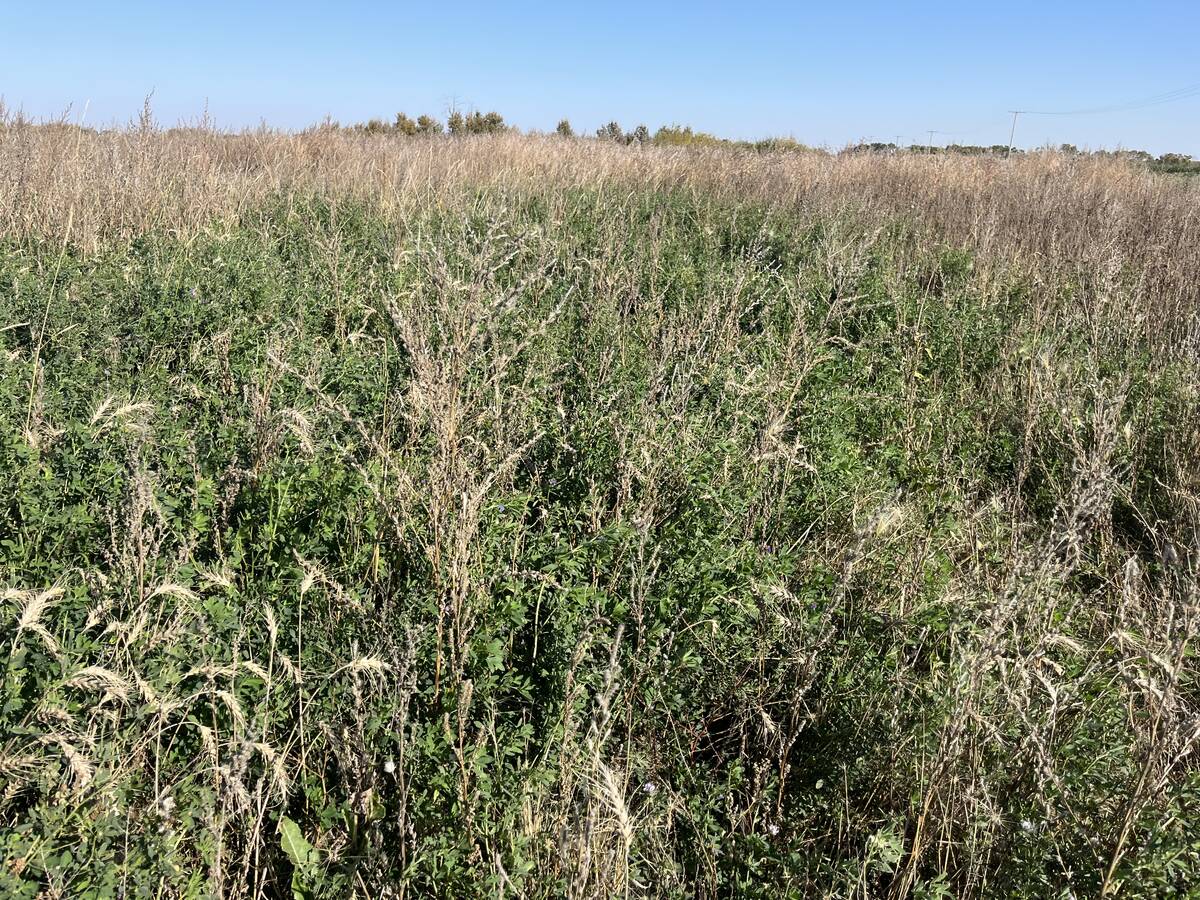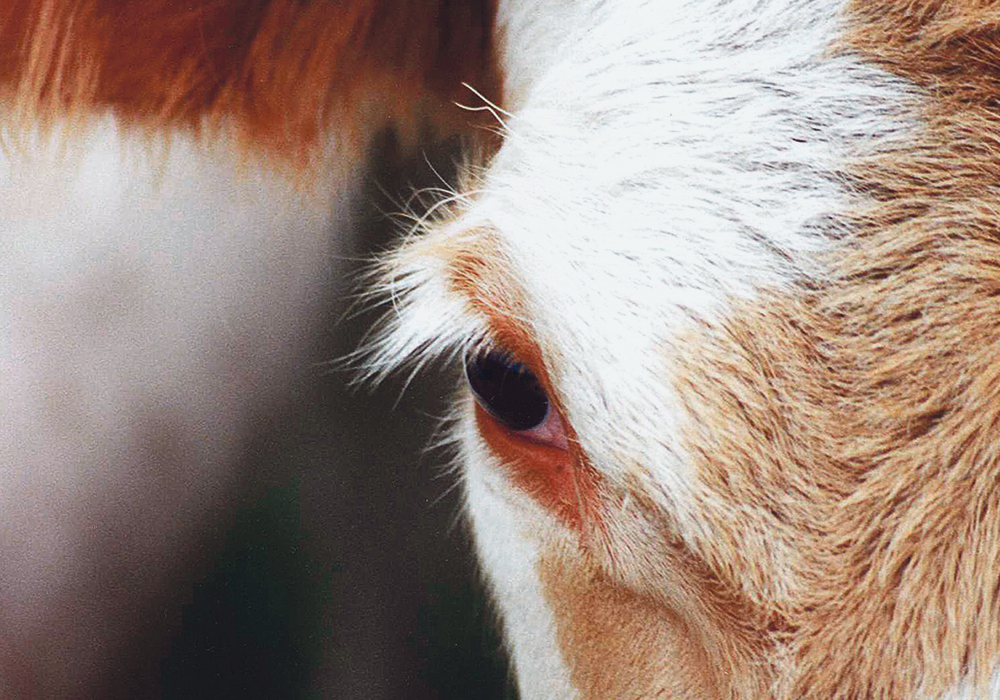A different strain of bovine tuberculosis has been identified in a British Columbia beef herd under quarantine since last November.
Test results of the infected herd identified a strain not seen in Canadian livestock or wildlife, according to Canada’s chief veterinarian, Jaspinder Komal, in a technical briefing Jan. 9.
A distinct strain is not necessarily a bad thing because it means the disease has not been missed, said Kevin Boon, general manager of the B.C. Cattlemen’s Association.
“One of the things it shows with it being a different strain, is our system is working. We are finding these at slaughter and the strains that are there, we are stopping them and they are not spreading,” he said.
Read Also

Dormant seeding forages frees up farmer time and gets ahead of weeds
Dormant seeding isn’t common practice and can appear daunting, but there are some techniques to give Manitoba farmers an edge
So far, 10 animals from the index herd in the southern interior have been slaughtered. These were tested and three additional cases were found. The majority of the animals from the infected herd in B.C. have been tested and more positive results could be found.
Surveillance also continues on 25 operations in Saskatchewan, Alberta and B.C. where animals were purchased. A stop movement has been imposed until testing and results are complete.
About 18,000 head are affected but numbers could fluctuate as tracing continues.
“These investigations move slow. That is frustrating for all involved but it is all part of the cost,” said Boon.
Farms under quarantine cannot sell livestock, which could impose a financial hardship on affected families.
“We are looking at Agri-Recovery but in the meantime there is short-term help. We are going to look at ways we can help them federally and provincially,” Boon said.
















